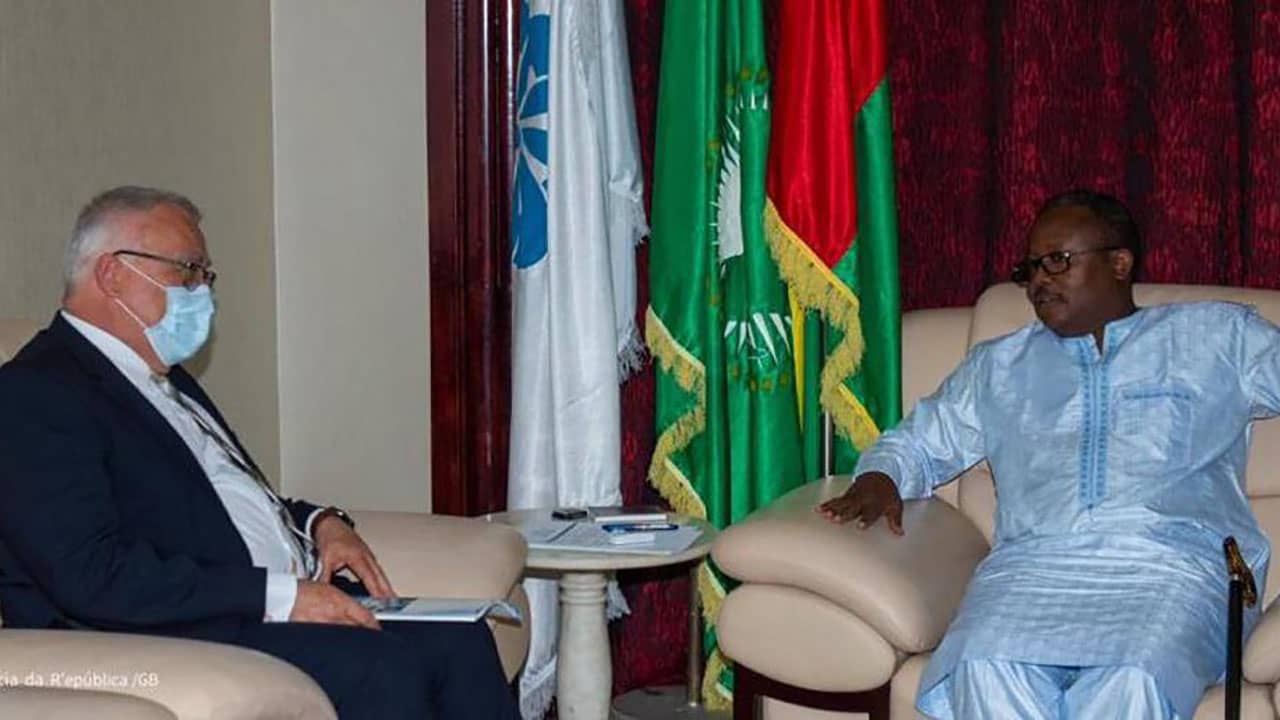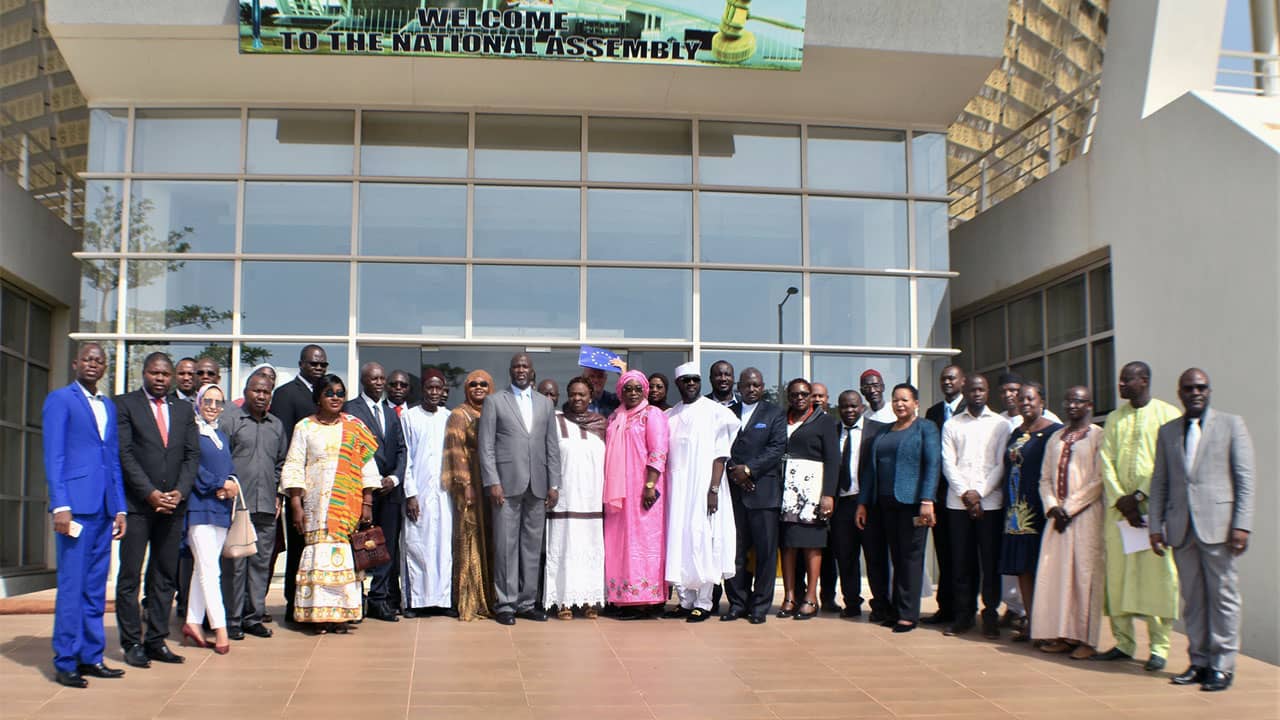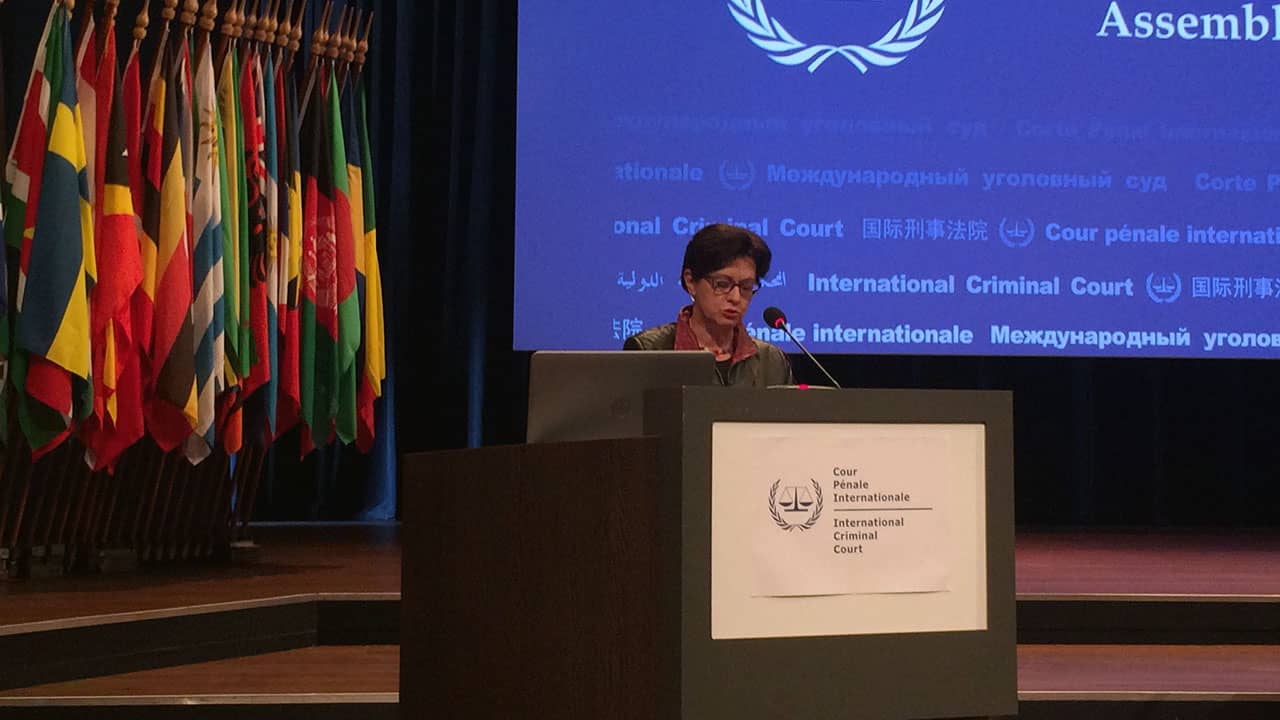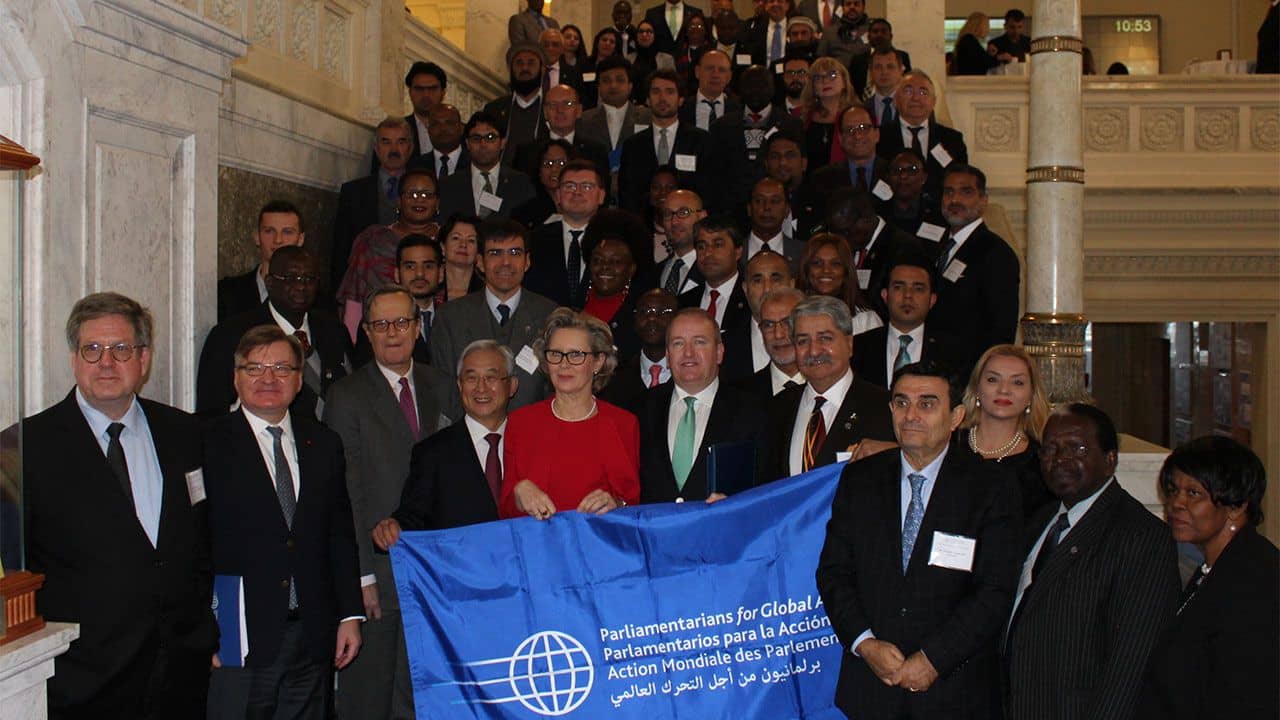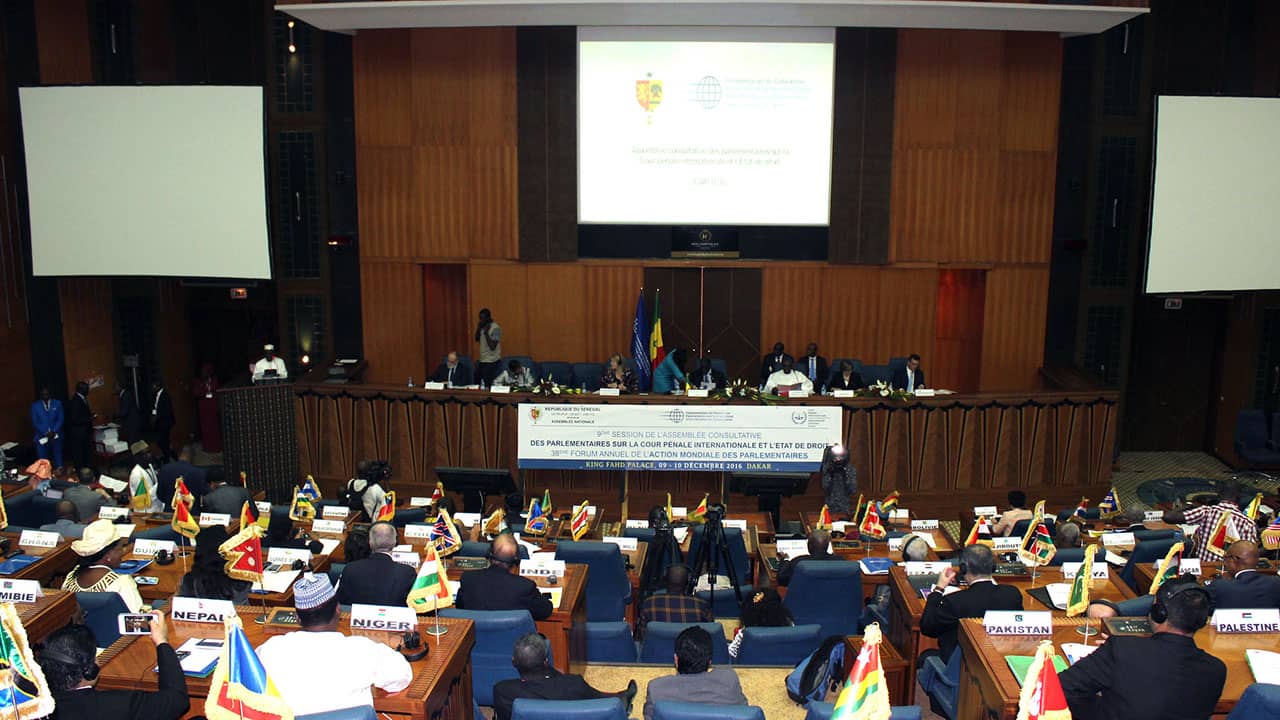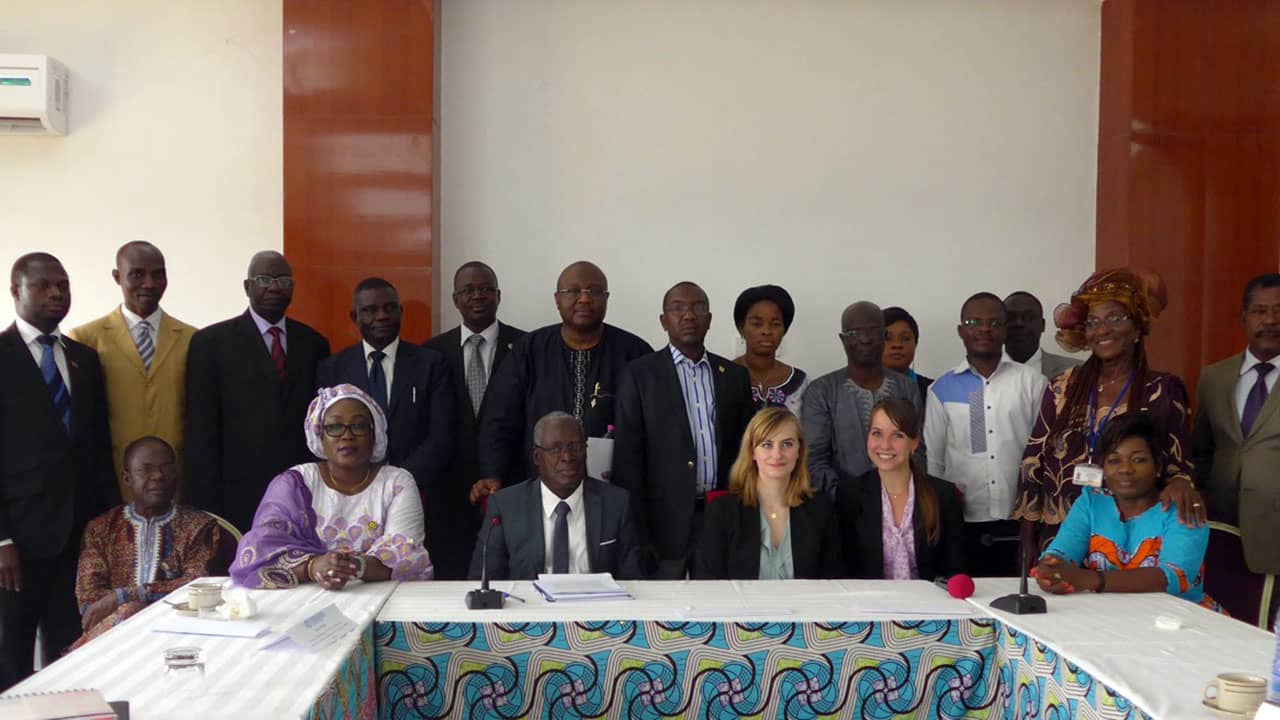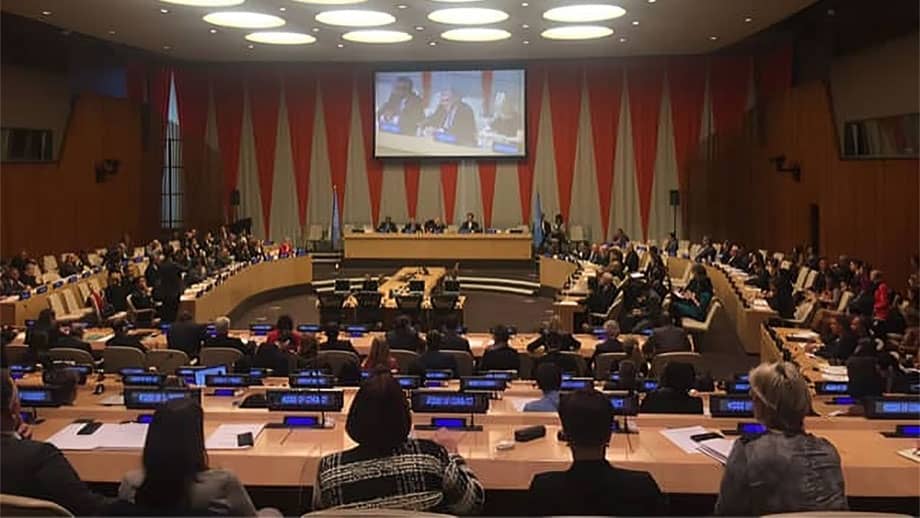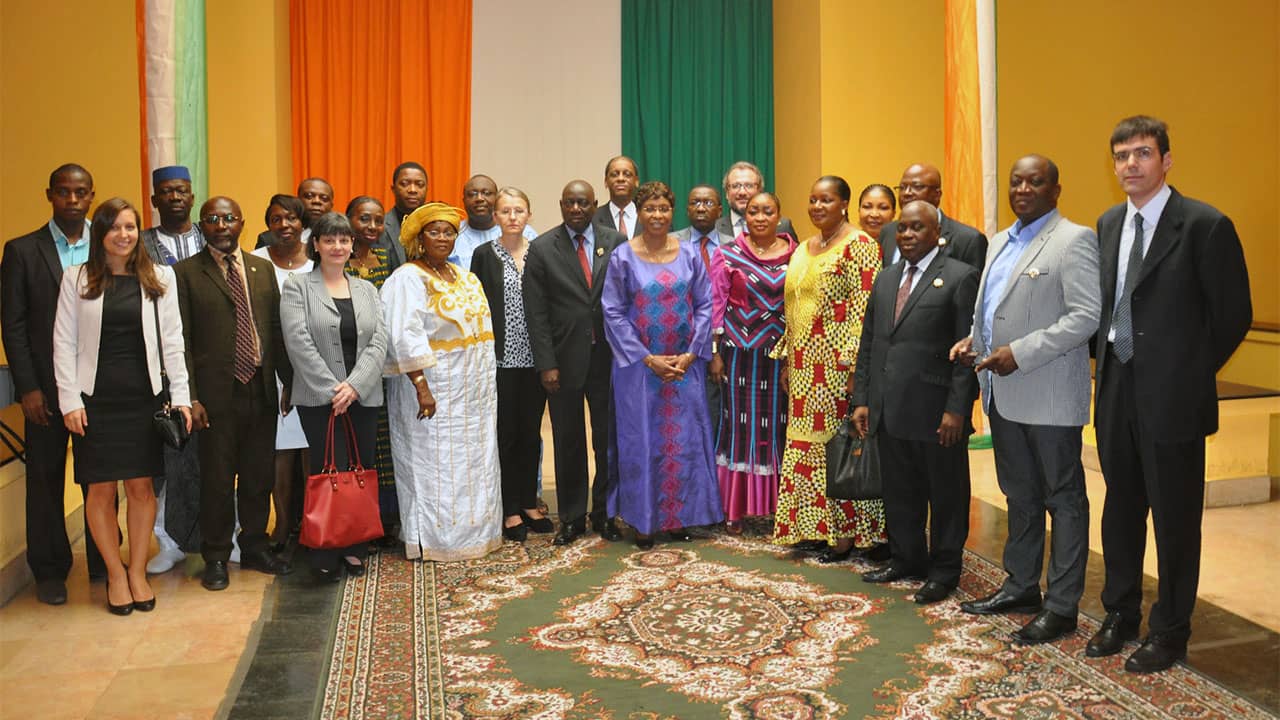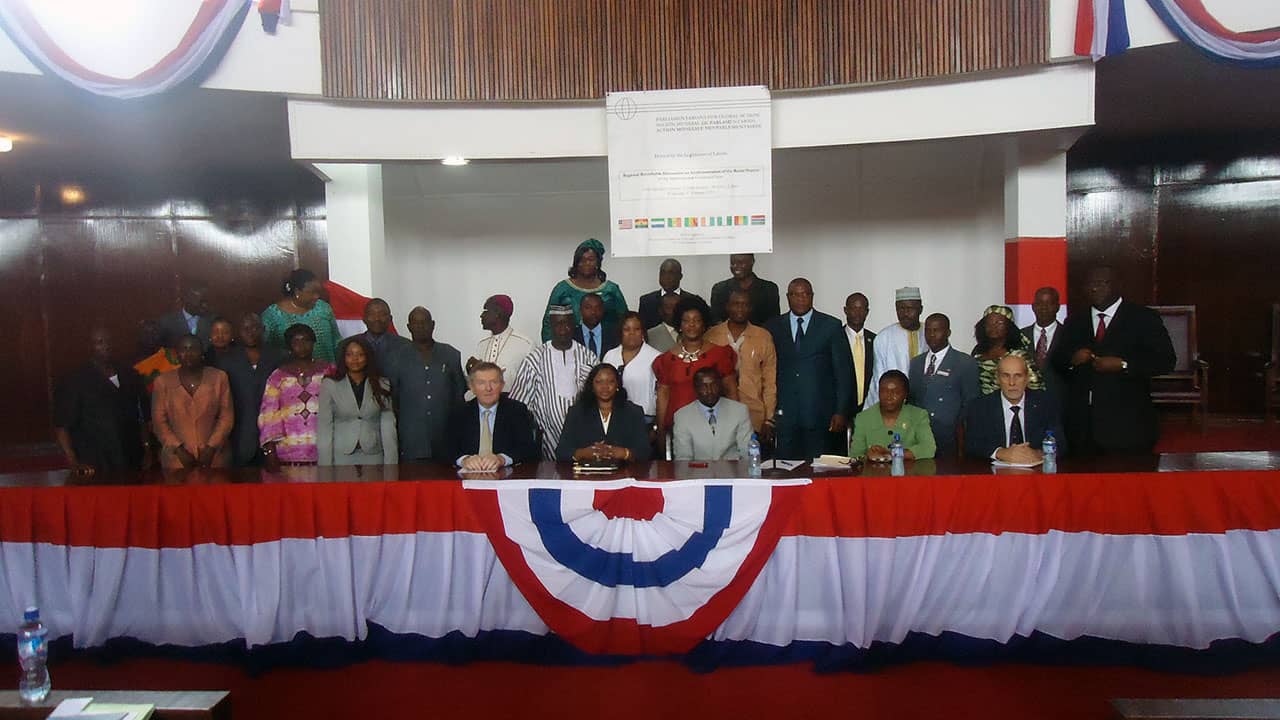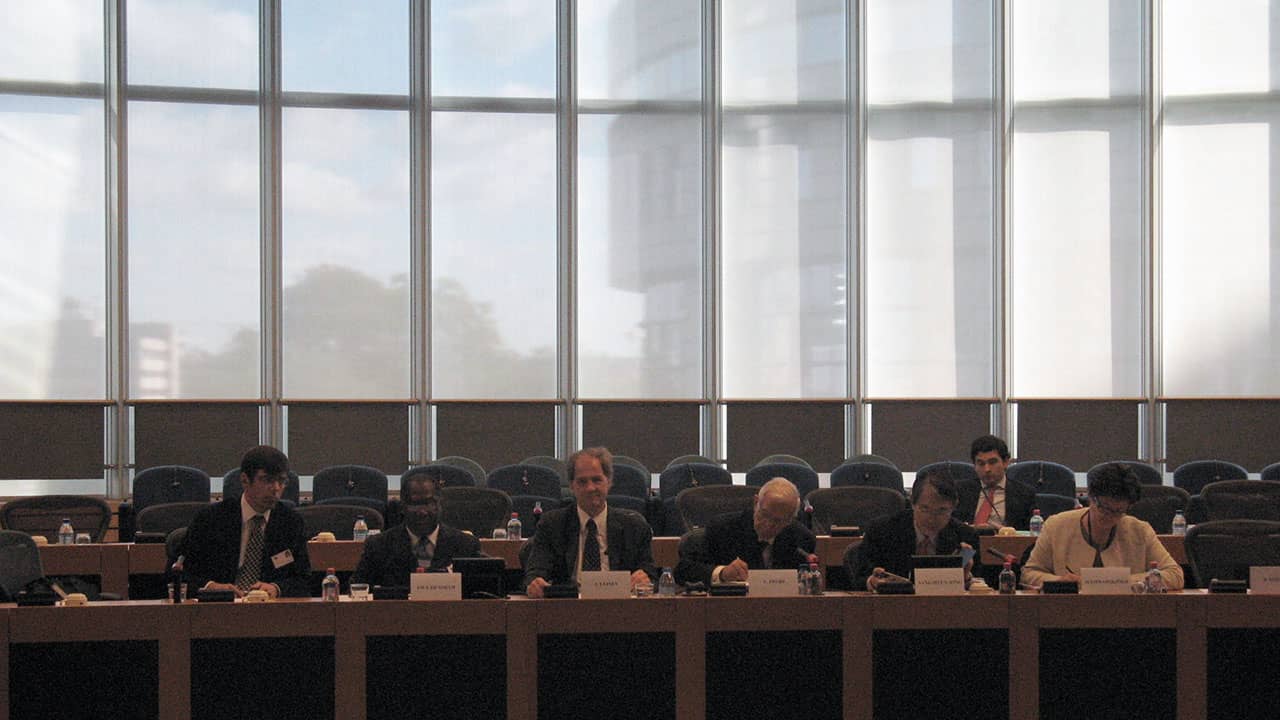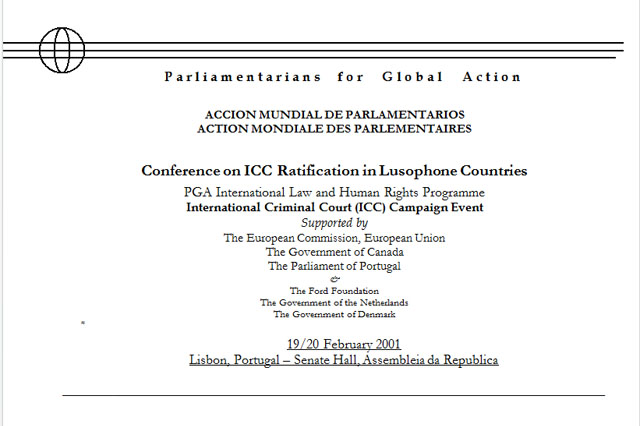Guinea and the Rome Statute
PGA Members in Guinea have promoted the fight against impunity since 2011.
| Signature, Ratification of/Accession to the Rome Statute of the ICC
|
| Signature Date: |
8 September 2000 |
| Ratification Date: |
14 July 2003 |
| Amendments to the Rome Statute
|
| Ratification of the Kampala Amendment to Article 8 of the Rome Statute on war crimes [poison and expanding bullets in NIAC] (2010): |
No |
| Ratification of the Kampala Amendment to the Rome Statute on the crime of aggression reflected in Article 8 bis (2010): |
No |
| Ratification of the Amendment to Article 124 of the Rome Statute (2015): |
No |
| Ratification of the Amendment to Article 8 of the Rome Statute on war crimes [biological weapons] (2017): |
No |
| Ratification of the Amendment to Article 8 of the Rome Statute on war crimes [blinding laser weapons] (2017): |
No |
| Ratification of the Amendment to Article 8 of the Rome Statute on war crimes [non-detectable fragments] (2017): |
No |
| Ratification of the Amendments to Article 8 of the Rome Statute on war crimes [starvation as a war crime in NIAC] (2019): |
No |
| Adoption of implementation legislation of the Rome Statute of the ICC |
The Guinean Criminal Code was modified by a bill n°2016/059/AN of 26 October 2016 and now fully implements the substantial provisions of the Rome Statute, including the general principles. The Code of Criminal Procedure was modified by a bill n°2016/60/AN of 26 October 2016 and now includes provisions regarding cooperation with the ICC. |
| Cooperation Agreements |
| Ratification of Agreement on Privileges and Immunities of the Court (APIC): |
Signed on 1 April 2004 but not ratified yet. |
| Signature of Agreement of Enforcement Sentences with the ICC: |
No. |
| Signature of Agreement of Interim and Final Release with the ICC: |
No. |
| Signature of Bilateral Immunity Agreement with the USA: |
Yes, signed at Conakry on 23 August 2003 and ratified on 25 March 2004. |

